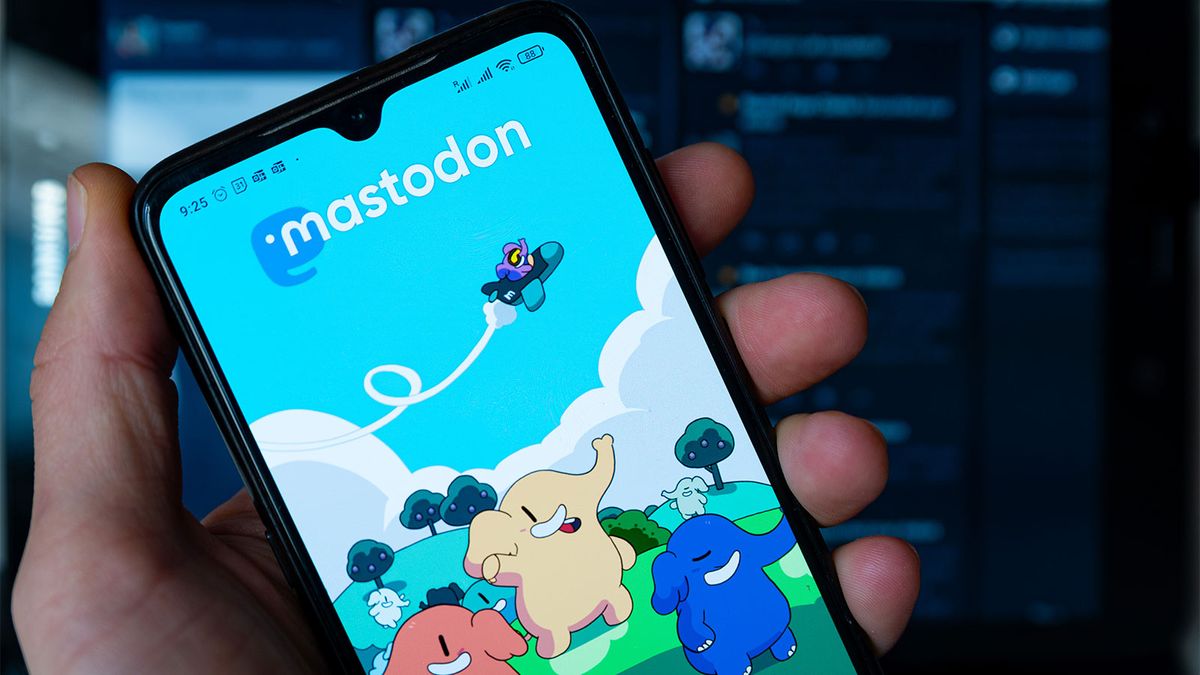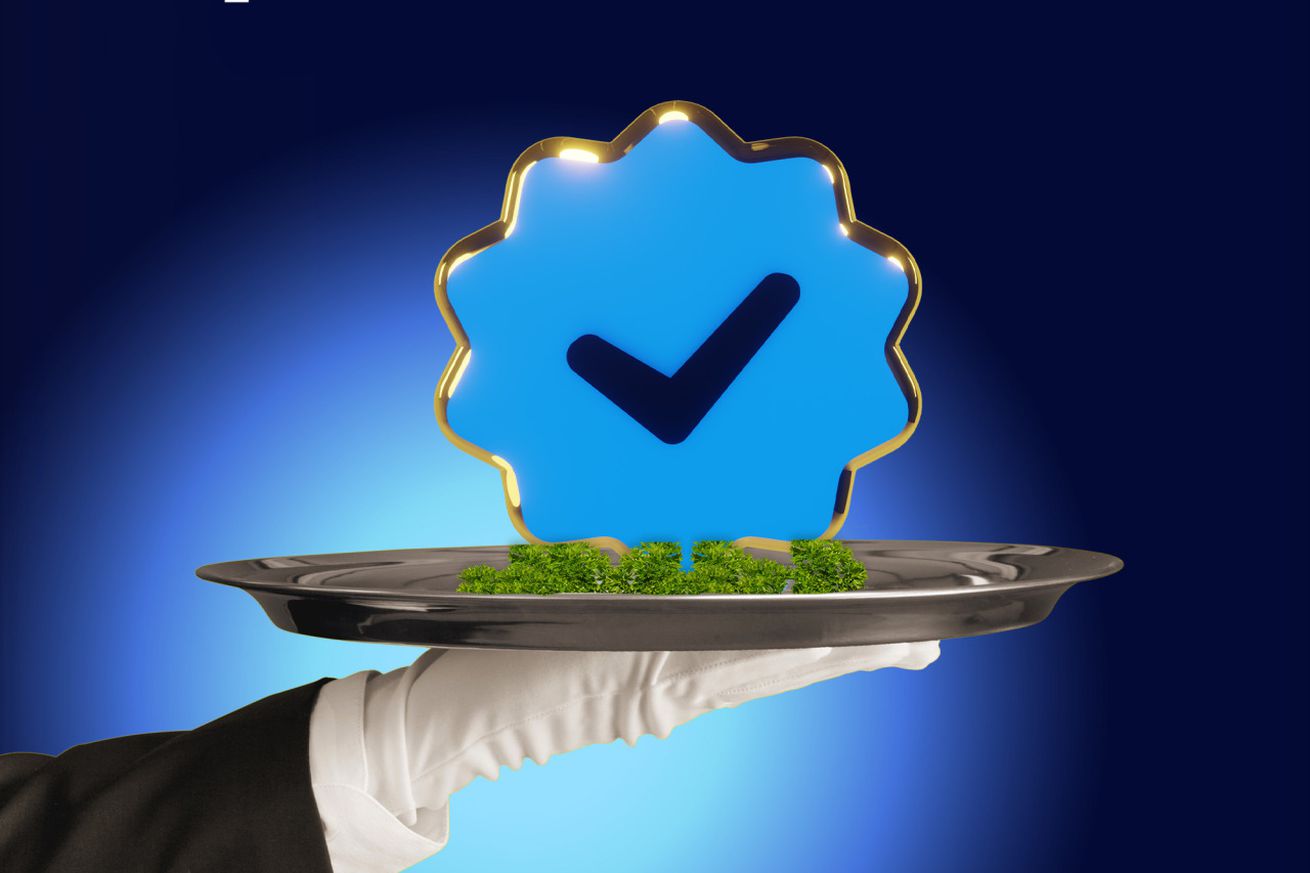
The federated server model on Mastodon also has potential drawbacks. First, finding a server to join on Mastodon can be hard, especially when a flood of people trying to find servers leads to the creation of waitlists, and the rules and values of the people running a server aren’t always easy to find.
Second, there are significant financial and technical challenges with maintaining servers that grow with the number of members and their activity. After the honeymoon is over, Mastodon users should be prepared for membership fees, NPR-style fundraising campaigns or podcast-style promotional ads to cover server hosting costs that can go into the hundreds of dollars per month per server.
Third, despite calls for newspapers, universities and governments to host their own servers, there are complicated legal and professional questions that could severely limit public institutions’ abilities to moderate their “dorms” effectively. Professional societies with their own methods of verification and established codes of conduct and ethics may be better equipped to host and moderate Mastodon servers than other types of institutions.
Fourth, the current “nuclear option” of servers entirely cutting ties with other servers leaves little room for repairing relations and reengagement. Once the tie between two servers is severed, it would be difficult to renew it. This situation could drive destabilizing user migrations and reinforce polarizing echo chambers.
Finally, there are tensions between longtime Mastodon users and newcomers around content warnings, hashtags, post visibility, accessibility and tone that are different from what was popular on Twitter.
Still, with Twitter melting down and the long-standing issues with the major social media platforms, for many people the new land of Mastodon and the fediverse doesn’t have to be all milk and honey.
Brian C. Keegan is an assistant professor of information Science at the University of Colorado Boulder. He receives funding from the National Science Foundation.
This article is republished from The Conversation under a Creative Commons license. You can find the original article here.








